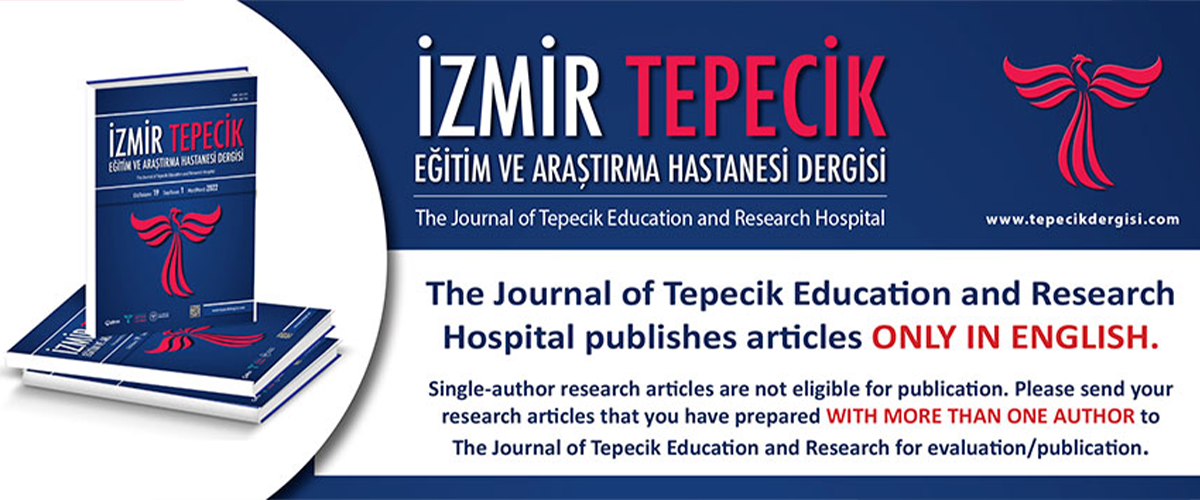








Single-center Experience of Therapeutic Plasma Exchange in Children with Neuroimmunological Disorders: Indications, Efficacy, and Safety
Çağatay Günay1, Gazi Arslan2, Özlem Özsoy1, Gamze Sarıkaya Uzan1, Duygu Aykol1, Tolga Besci2, Semra Hız Kurul1, Adem Aydın1, Uluç Yiş11Dokuz Eylül University Faculty of Medicine, Department of Pediatric Neurology, İzmir, Turkey2Dokuz Eylül University Faculty of Medicine, Department of Pediatric Intensive Care, İzmir, Turkey
Objective: Therapeutic plasma exchange (TPE) is frequently employed to treat neurological conditions with known or presumed immune pathogenesis in adults, however knowledge and experience in children remains insufficient. The purpose of this study is to perform a retrospective assessment of the indications, long-term efficacy, safety, and complications of TPE in children with various neuroimmunological conditions.
Methods: This investigation was a single-center, retrospective cohort study conducted at a tertiary hospital, analyzing pediatric patients with neuroimmunological diseases who were subjected to TPE.
Results: The median age of the patients was 74.5 (22-180) months, and 60% (n=6) of the patients were female. The indications for TPE included acute disseminated encephalomyelitis, Guillain-Barré syndrome, autoimmune encephalitis, acute necrotizing encephalopathy of childhood, transverse myelitis, acute flaccid myelitis, thrombotic thrombocytopenic purpura, and febrile infection-related epilepsy syndrome. The median number of TPE sessions per patient was five, with a median duration of 8.5 (5-14) days. The study found that two (20%) patients exhibited a complete response to TPE, while partial response was observed in remaining eight (80%) patients. There was neither mortality nor serious adverse events associated with the TPE procedure. At the most recent follow-up, 80% of the patients exhibited neurological sequelae.
Conclusion: TPE was observed to be an effective and well-tolerated treatment modality for children with various neuroimmunological disorders, resulting in a partial response in the majority of cases without any life-threatening complications. The rate of neurological sequelae was high despite positive clinical response, albeit in varying degrees.
Manuscript Language: English
(214 downloaded)




